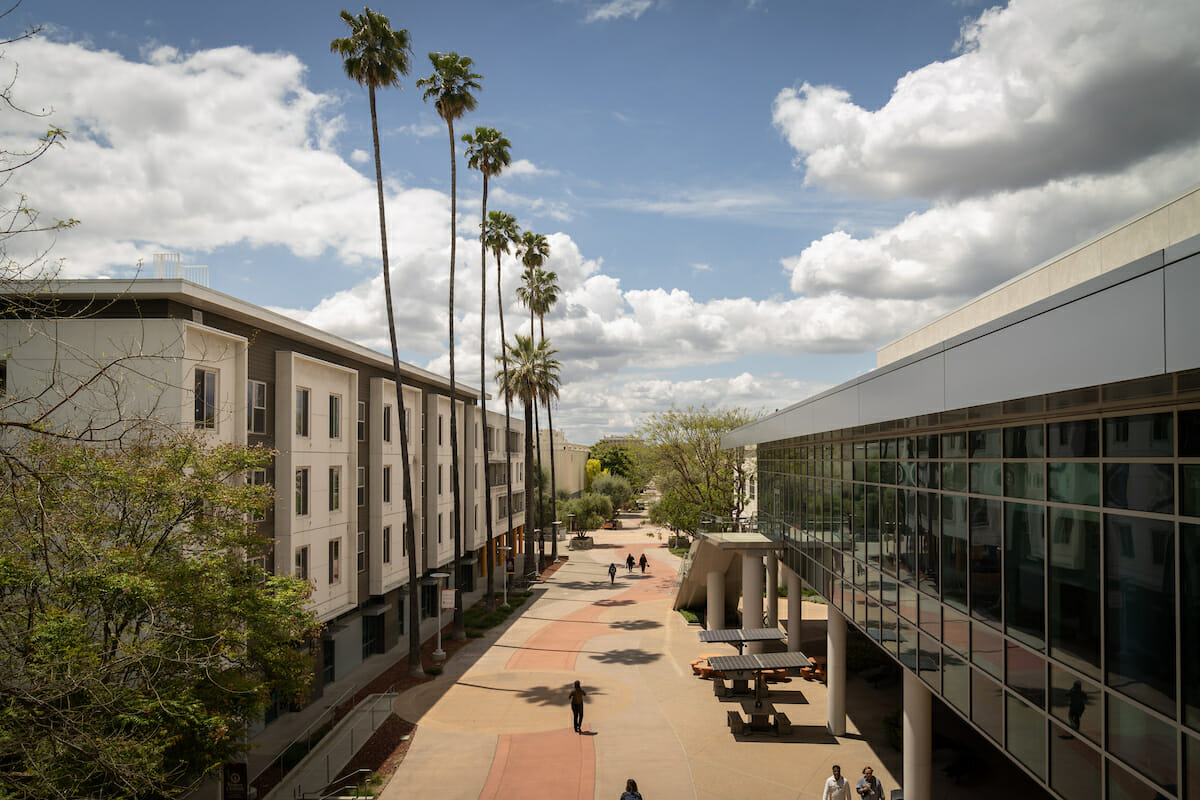
Technical Standards for Admissions
Personal Competencies for Admission and Matriculation (Technical Standards)
A candidate for admission to the PA program must have the use of certain sensory and motor functions to permit them to carry out the activities described in the sections that follow. Graduation from the program signifies that the individual is prepared for entry into clinical practice or into postgraduate training programs. Therefore, it follows that graduates must have the knowledge and skills needed to function in a broad variety of clinical situations and to render a wide spectrum of diagnostic and therapeutic care.
The candidate must be able to consistently, quickly and accurately Integrate all Information received by whatever sense(s) are employed. In addition, they must have the intellectual ability to learn, integrate, analyze and synthesize data.
The candidate for the Master of Science in Physician Assistant Studies degree must be able to perform all of the essential functions (with or without reasonable accommodations). The Department of Physician Assistant Education follows the Western University nondiscrimination policy, and students requesting accommodations should contact the Harris Family Center for Disability and Health Policy (CDHP) at (909) 469-5297.
These essential functions include, but are not limited to, the following: observation; communication; motor; intellectual, conceptual, integrative and quantitative; and behavioral and social:
1. Observation: Candidates and students ordinarily must have sufficient vision to be able to observe demonstrations, experiments and laboratory exercises. They must be able to observe a patient accurately at a distance and close at hand.
2. Communication: Candidates and students must be able to communicate with patients and colleagues. They must possess functional hearing, with or without a reasonable accommodation. Candidates and students must be able to read, write and speak English.
3. Motor: Candidates and students should have sufficient motor function such that they are able to execute movements reasonably required to provide general care and emergency treatment to patients. Examples of emergency treatment reasonably required of Pas are cardiopulmonary resuscitation, administration of intravenous medication, the application of pressure to stop bleeding, the opening of obstructed airways, the suturing of simple wounds, the performance of simple obstetrical maneuvers and the movement of patients with or without reasonable accommodation. These actions require coordination of both gross and fine muscular movements, equilibrium and functional use of the senses of touch, hearing and vision.
4. Intellectual, Conceptual, Integrative and Quantitative Abilities: These abilities include measurement, calculation, reasoning, analysis and synthesis. Problem solving, the critical intellectual skill demanded of a physician assistant, requires all of these intellectual abilities. In addition, candidates and students should be able to comprehend three-dimensional relationships and understand the spatial relationships of structures.
5. Behavioral and Social Abilities: Candidates and students must possess the emotional health required for full utilization of the intellectual abilities, the exercise of good judgment, the prompt completion of all responsibilities attendant to the assessment and care of patients, and the development of mature, sensitive, and effective relationships with patients. Candidates and students must be able to tolerate physically taxing workloads, adapt to changing environments, display flexibility, and learn to function in the face of uncertainties inherent in the clinical problems of many patients. Compassion, integrity, concern for others, interpersonal skills, and interest and motivation are all personal qualities to be assessed during the admissions and educational processes

